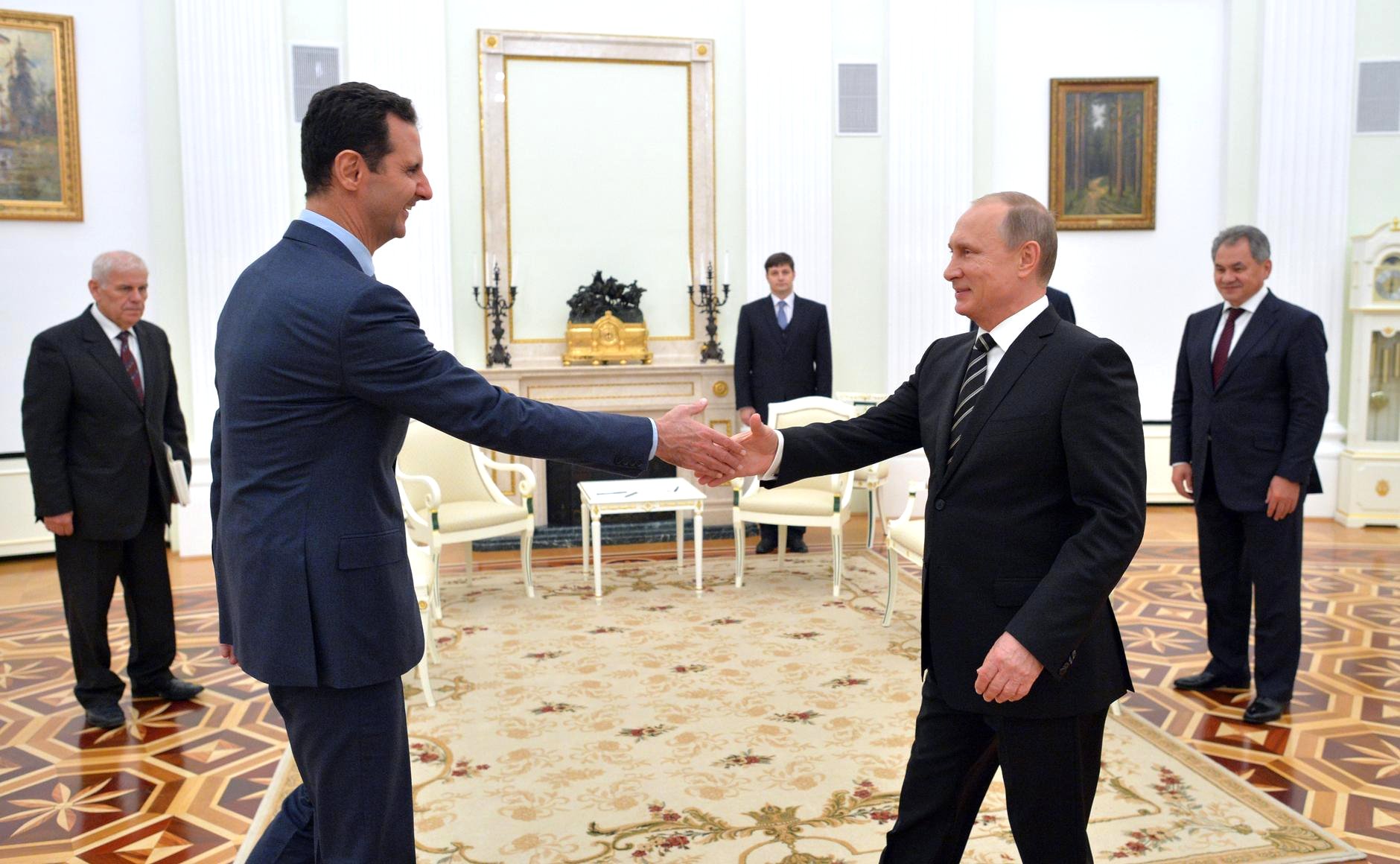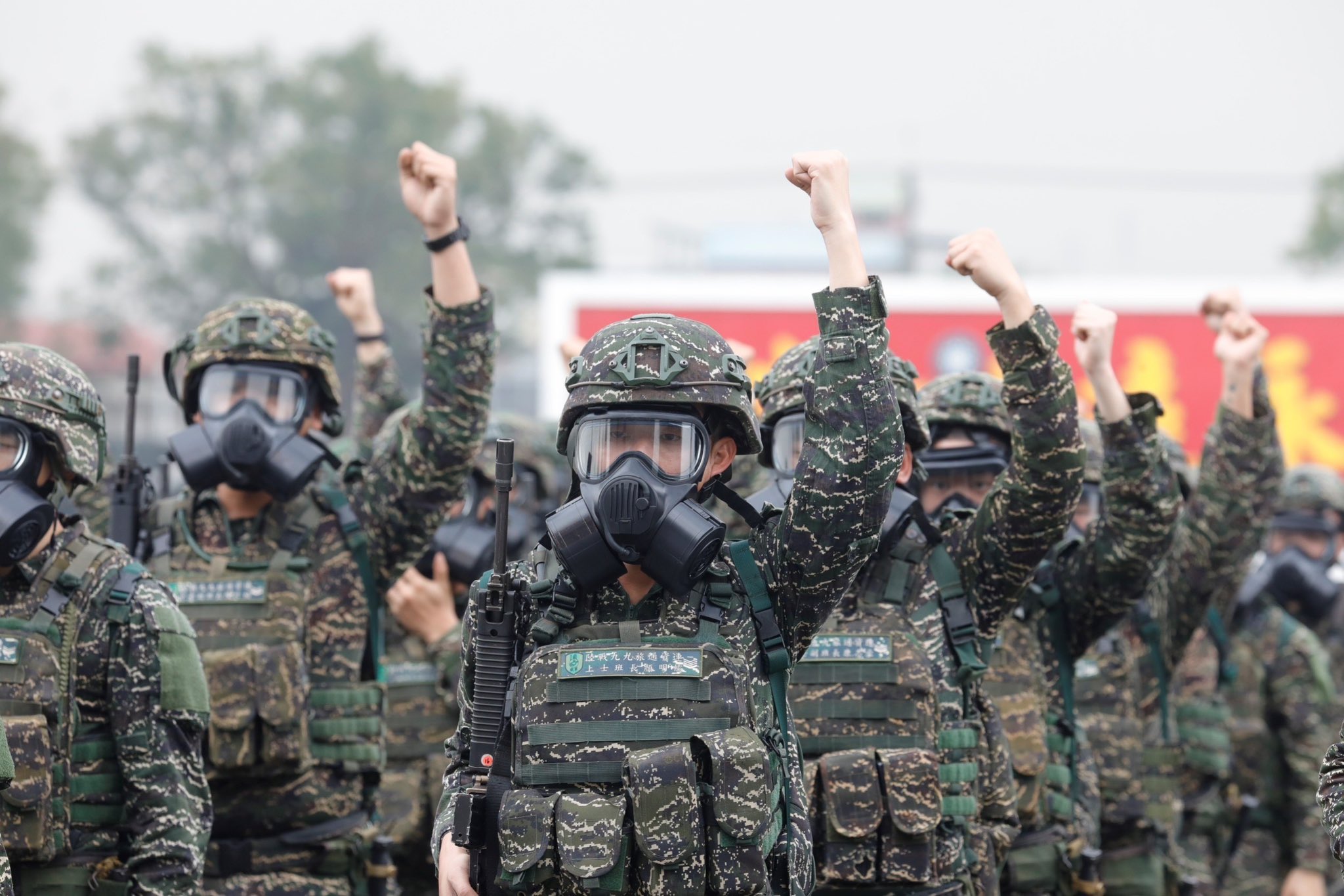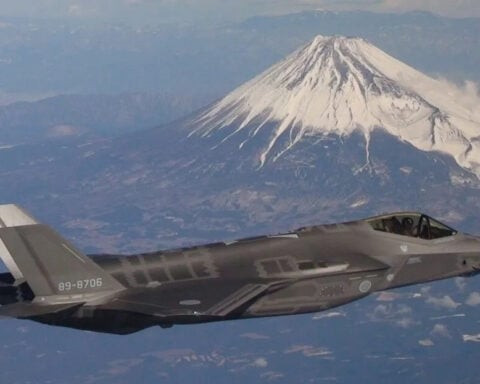
The Bashar al Assad regime’s ever-tightening circle on Syrian resistance fighters could send a million or more refugees into Turkey and scatter thousands of Islamic extremists around the region, France’s ambassador to Washington warned Monday.
Speaking at the Hudson Institute in Washington, D.C., he added, France’s President Emmanuel Macron, German Chancellor Angela Merkel, Russian President Vladimir Putin and Turkish President Recep Tayyip Erdogan met over the weekend in Istanbul to discuss the possible fallout as resistance crumbles in Idlib, city and province, Gerard Araud said.
“Someone [was] missing,” he asked said, referring to the United States. American news outlets also largely ignored the conference over how to de-conflict military operations, handle the expected flow of refugees and what to do about foreign fighters who would be fleeing the onslaught of ground forces from the regime and Iranian-proxy militias backed by Russian air strikes, he said.
The Iranians and the Syrian regime and resistance groups also were not present.
The broader aims of the Istanbul talks were to arrange a ceasefire and lay the groundwork for a peace process to begin that would include the return of refugees from Syria’s neighbors and Europe.
“Russia and the regime have the upper hand” in Syria now, Araud said.
As the meeting concluded in Turkey, Macron was quoted as saying, “There will be no real, sustainable, credible return of the refugees if the political process is not initiated.” The U.N. estimates that 400,000 Syrians have died in the war that began in 2011 and millions have fled the country, seeking refuge first in neighboring Turkey and Jordan but many pressing onto Western Europe.
“We don’t have any illusions about Russia” in the Middle East or in Europe, Araud added. He noted Moscow’s stepped up naval air operations in the North Sea, its political pressure on the Baltic States and its past behavior in backing separatists with arms and intelligence in Georgia and Ukraine.
At the same time, “we don’t see Russia as the U.S.S.R. revisited.” He said the combined defense spending of France, the United Kingdom and Germany exceeds Moscow’s. “Russia is raising some political problems,” especially with its behavior in Ukraine, but is not the intimidating superpower of Cold War days.

And when it comes to putting its money where its mouth is in confronting Moscow’s new aggression, Araud said, “we have done the job” in applying increasingly severe sanctions on Russian banks, businesses and individuals as a member of the European Union and as a nation. “Our trade is 10 times the United States’ trade with Russia,” so the sanctions’ impact is felt far more in Europe than America. As an example, he said for France their impact has been particularly felt in agriculture, a sector that had been heavily engaged in trading with Russia, he said.
While France is the United States’ oldest continuous ally, dating to the Revolution, the relationship has not always been a smooth one. To French leaders, Washington’s walking away from the Iranian nuclear agreement and willingness to impose tough sanctions on third party nations and businesses trading with Tehran is “a bit weird [since] we have the same diagnostics” on its behavior.
Araud cited Tehran’s ambitious missile program, its meddling in affairs of other Middle Eastern countries and backing of Shia extremist groups as examples of where Washington and Paris see eye-to-eye; but when it came to continuing to remain in the agreement, Paris and Washington have moved far apart.
Adding new tensions to that split is the looming Nov. 4 deadline set by the administration of President Donald Trump to impose a new round of broader sanctions. The wording of the proposed ban is general and sweeping, he said, and that is extremely worrisome to Europeans, Russians and Chinese. France, Germany, the United Kingdom, Russia, China and the United States signed the agreement with Iran in 2015. The EU was also included in the pact.
So far, international inspectors have found Iran abiding by the pact that halted for a decade its nuclear weapons development program; and countries like France and Germany have been working with Tehran to keep it in place in exchange for freer trade with their nations.
Even the sale of medicines and other goods considered humanitarian assistance by France or any other country to Iran could fall under the scope of the new sanctions. “Let’s see if we can work together” in defining what is liable and what is acceptable. France is “expecting our American friends to make some moves” in clarifying Washington’s position.
“You need to be more precise,” he said.
Araud, speaking before Merkel’s announcement she would not seek re-election in 2021, said France has emerged as a leader in the European Union at a time when political leaders in Italy, Hungary and Poland are questioning its value to their nations and the continent as a whole.
As the EU nations face elections this spring to its parliament, Araud said it was vital for EU backers like France to show citizens in member nations that it “it is important for our security” and they benefit from free trade on the continent and in their economic dealings outside Europe.
As an example of its security guarantees being used, France invoked its EU membership when terrorists launched a wave of attacks in Paris in 2015, rather than seeking assistance through NATO. “The fact is the EU is muddling through” on migration from economically stressed regions such as the Sahel in Africa and refugees fleeing the fighting in Syria. Immigration was at the top of the list of nationalists’ concerns about the viability of the EU, Araud said.
“We are not naive” when it comes to growing Chinese economic influence globally. “China is on the rise,” Araud said. “In relative terms, the U.S. is in decline.” He called this dynamic “a re-balancing” and power politics that can be mitigated through international law and dialogue between the two powers.
Russia is no longer the global superpower that the Soviet Union was, he said earlier. “Now the major relationship” is between Beijing and Washington.





